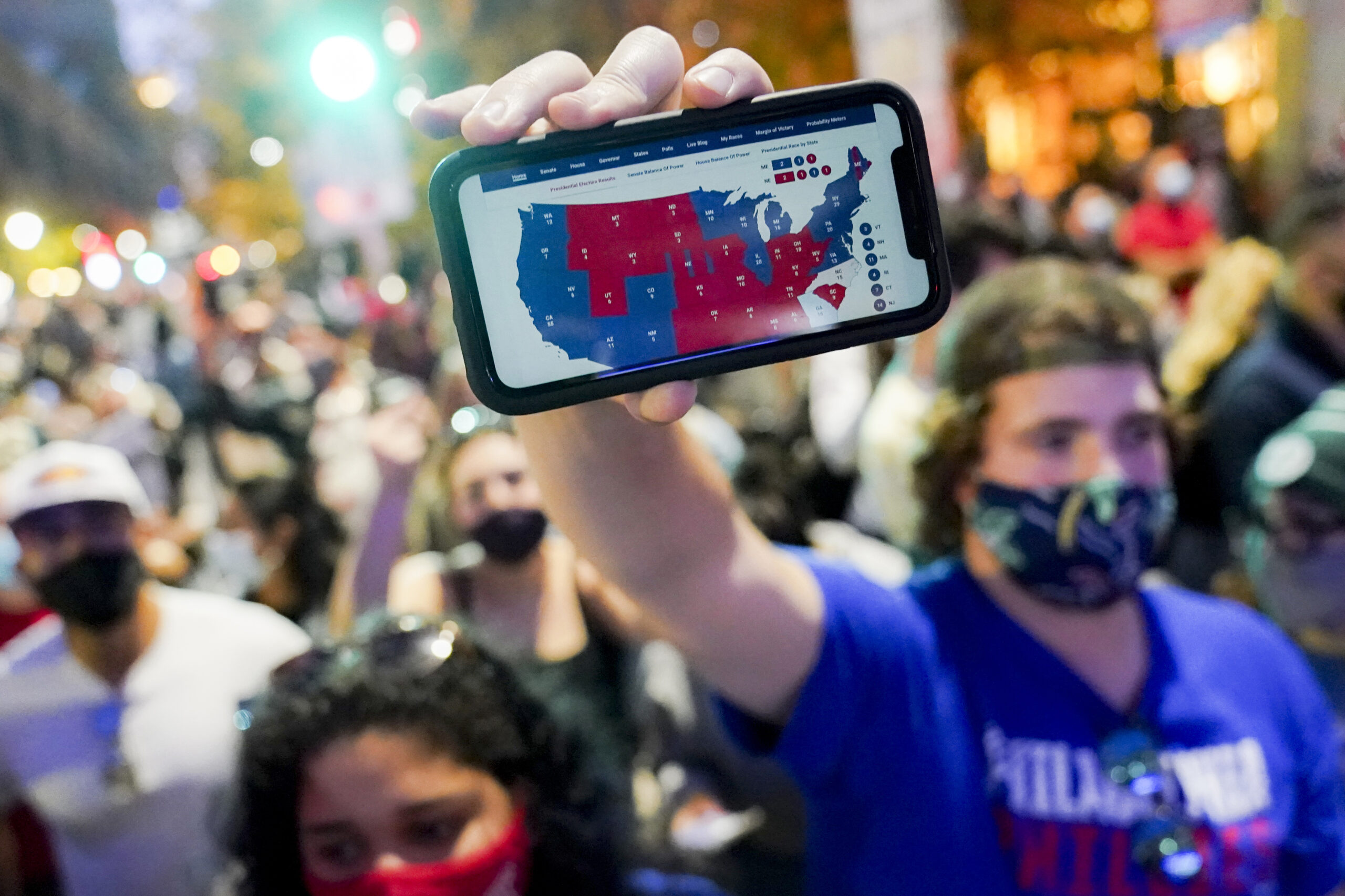
A significant law enforcement operation at a Hyundai manufacturing plant in Georgia resulted in the detention of over 450 individuals suspected of residing and working illegally in the United States. This operation, conducted on October 5, 2023, involved federal, state, and local officers who executed a judicial search warrant naming four specific individuals connected to the plant.
The raid highlights the ongoing scrutiny surrounding employment practices in industries reliant on a large labor force. According to the U.S. Immigration and Customs Enforcement (ICE), the operation aimed to address allegations of illegal employment practices at the facility. The investigation is said to focus on the potential exploitation of undocumented workers within the automotive manufacturing sector.
Details of the Operation
The enforcement action took place at Hyundai’s facility located in West Point, Georgia. Federal agents, along with state and local law enforcement, mobilized to apprehend individuals believed to be working without proper documentation. The sheer scale of the operation underscores the federal government’s commitment to enforcing immigration laws and ensuring compliance with labor regulations.
During the operation, officials reported that those detained were primarily workers at the plant, raising concerns about their legal rights and the potential impact on their families. The apprehended individuals were taken into custody for further investigation, though specific details regarding their legal status have not been disclosed.
The raid has sparked discussions about the treatment of immigrant workers in the United States, particularly in sectors that often rely on a transient labor force. Advocates for immigrant rights have expressed concern over the implications of such enforcement actions, pointing to the fear and uncertainty they can instill in communities.
Reactions and Implications
Reactions to the raid have varied widely. Supporters of strict immigration enforcement applaud the actions taken by law enforcement, viewing them as necessary to uphold the law and protect American jobs. Conversely, critics argue that such operations can lead to the unjust treatment of vulnerable populations and disrupt local economies.
The impact on Hyundai’s operations may also be significant. As one of the largest automotive manufacturers in the country, the company relies on a diverse workforce to meet production demands. Disruptions caused by the raid could lead to challenges in meeting production targets, potentially affecting the broader supply chain.
As this situation evolves, it remains to be seen how the company and local authorities will respond to the fallout from the raid. The focus will likely shift to ensuring compliance with labor laws while addressing the rights and needs of the workers involved.
This operation serves as a potent reminder of the complexities surrounding immigration and labor in the United States. With ongoing debates about the future of immigration policy, actions like the one seen in Georgia will continue to resonate in discussions about workforce dynamics and the treatment of immigrant labor.





